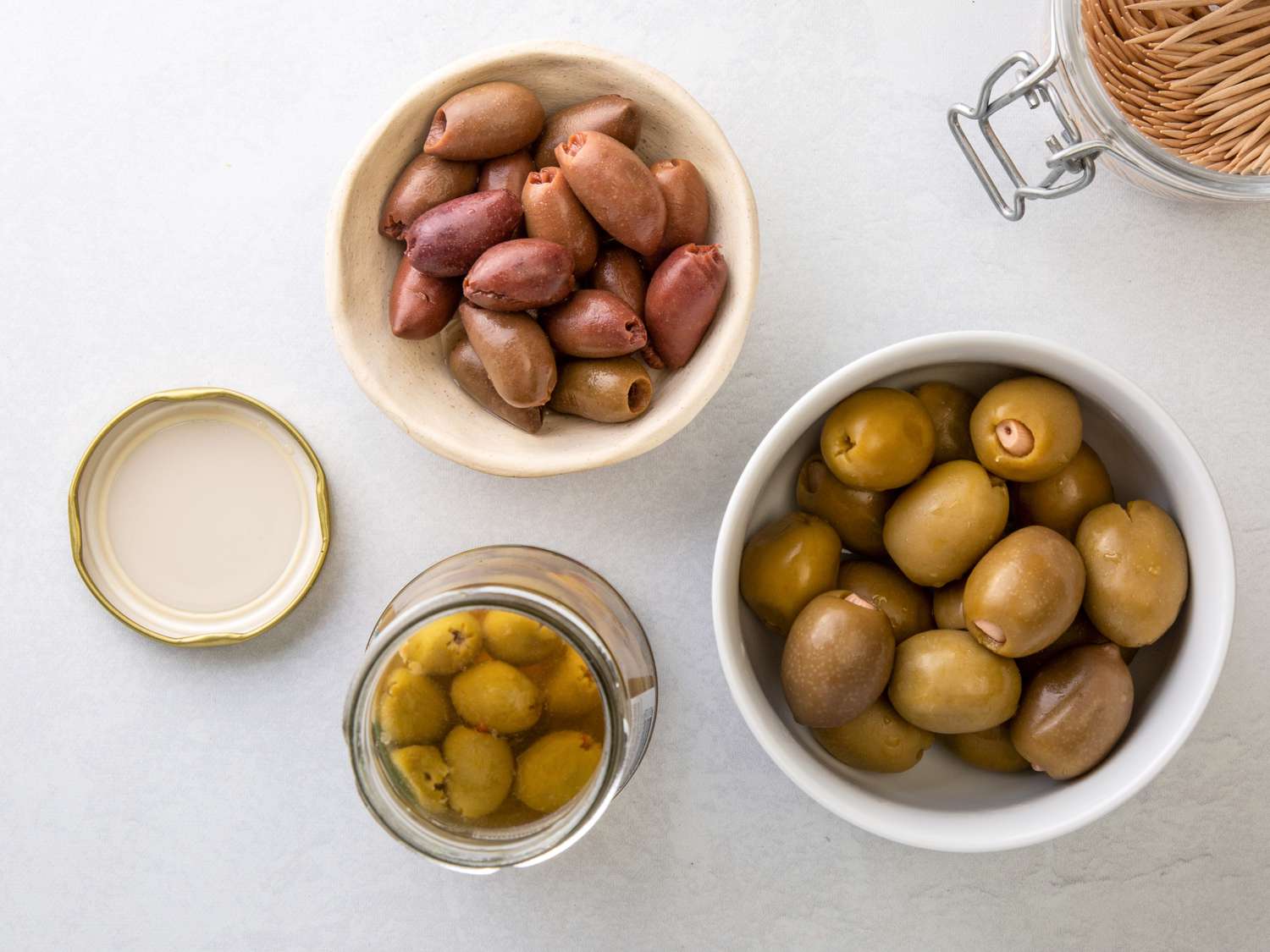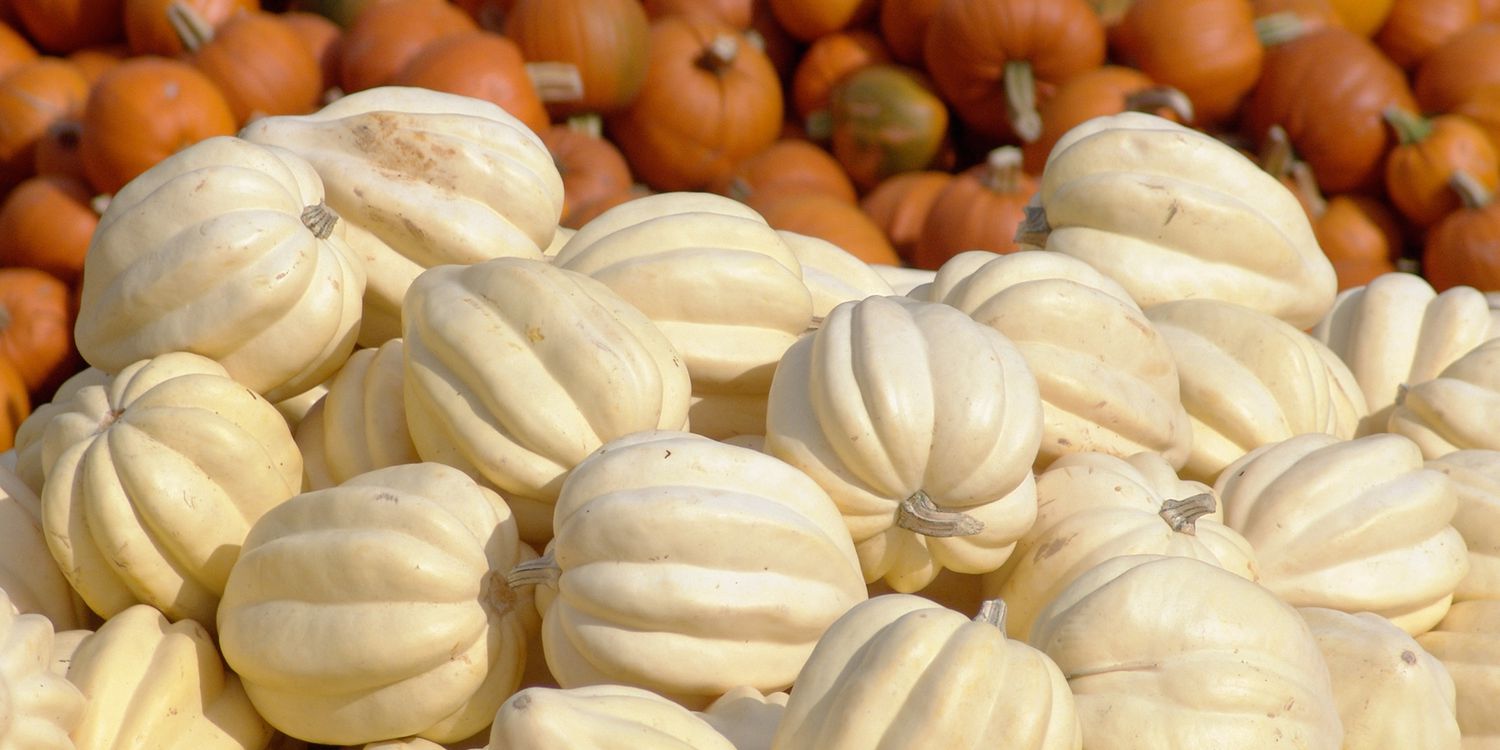Snack bowls, charcuterie boards, relishes, pizza, dishes like puttanesca and (some versions of) Ropa Vieja — the uses for olives go on and on. So, it’s probably best if you know when those savory, salty nuggets bobbing in brine in your fridge have seen the bottom of their last martini.
Do Olives Go Bad?
First, is there such a thing as a spoiled olive? Don’t overly salty things last close to forever?
It is true, items with an excess of sugar or salt take longer to spoil, however, olives will still go bad. For those still sealed or allowed to continue to soak in their liquid, it will take considerably longer to get there.
How Long Do Olives Last?
Unless you plan to use what you purchase all in one go, it’s best to stick with liquid-packed olives. Their shelf-life can be pretty impressive, lasting anywhere from 12 to 18 months once opened and properly stored in the fridge, compared to the meager three days of dry olives — like those you can snag at the salad bar. Unopened, jarred olives will stay fresh for up to two years.
A Word on “Best By” Dates
If the handy date listed on your unopened jar of olives occurs less (or much less) than two years from now, rest assured that what’s inside will still last those 24 months. This is because “best by” dates are generally more of a “best guess” of a time frame to enjoy the product at what the maker deems to be its highest quality. It’s good to keep them in mind, but don’t hold fast to them as a hard rule.
How to Tell if Olives Are Bad
Regardless of how long the olives have been opened or sat sealed on the shelf, any sign of mold means it’s time for the trash. Beyond that obvious tell, search for any other sign of spoilage such as a change in appearance or smell. Discoloration, shrinkage, wrinkly bits, and funkier-than-normal smells are all good reasons to toss the lot.
For unopened olives, a bulging lid is a dead giveaway of a nasty situation within, and any other dents or damage should send them straight to the bin.
How to Store Olives
How you store these gems is of the utmost importance for optimal shelf-life. Liquid-packed olives that are unopened should be placed in a pantry, cabinet, or other cool, dark place. The temperature for storage shouldn’t exceed 75 degrees F and the container, especially glass ones, should never see sunlight.
Once opened, twist the lid on tight and store the jar in the fridge. If the lid isn’t tight or the jar has been compromised, transfer the olives with their brine to another airtight container. Dry-packed olives or olives purchased in a can should also migrate to airtight containers.
Retaining the brine or oil, the very liquid surrounding the olives, is vital to their survival. But, in the event of accidental discarding or a broken jar, simply mix ½ teaspoon salt into 1 cup water and submerge the olives in this makeshift brine. It isn’t as potent as the original stuff, though, so it would be best to consume the olives within a couple of weeks.
Should you be apprehensive about how long it might take you to use all the olives, freeze them! Place them in an airtight container without brine and they’ll stay perfect in the freezer for six months.
Related:
- Do Pickles Go Bad?
- Does Vinegar Go Bad?
- How Long Does Jarred Pasta Sauce Last in the Fridge




